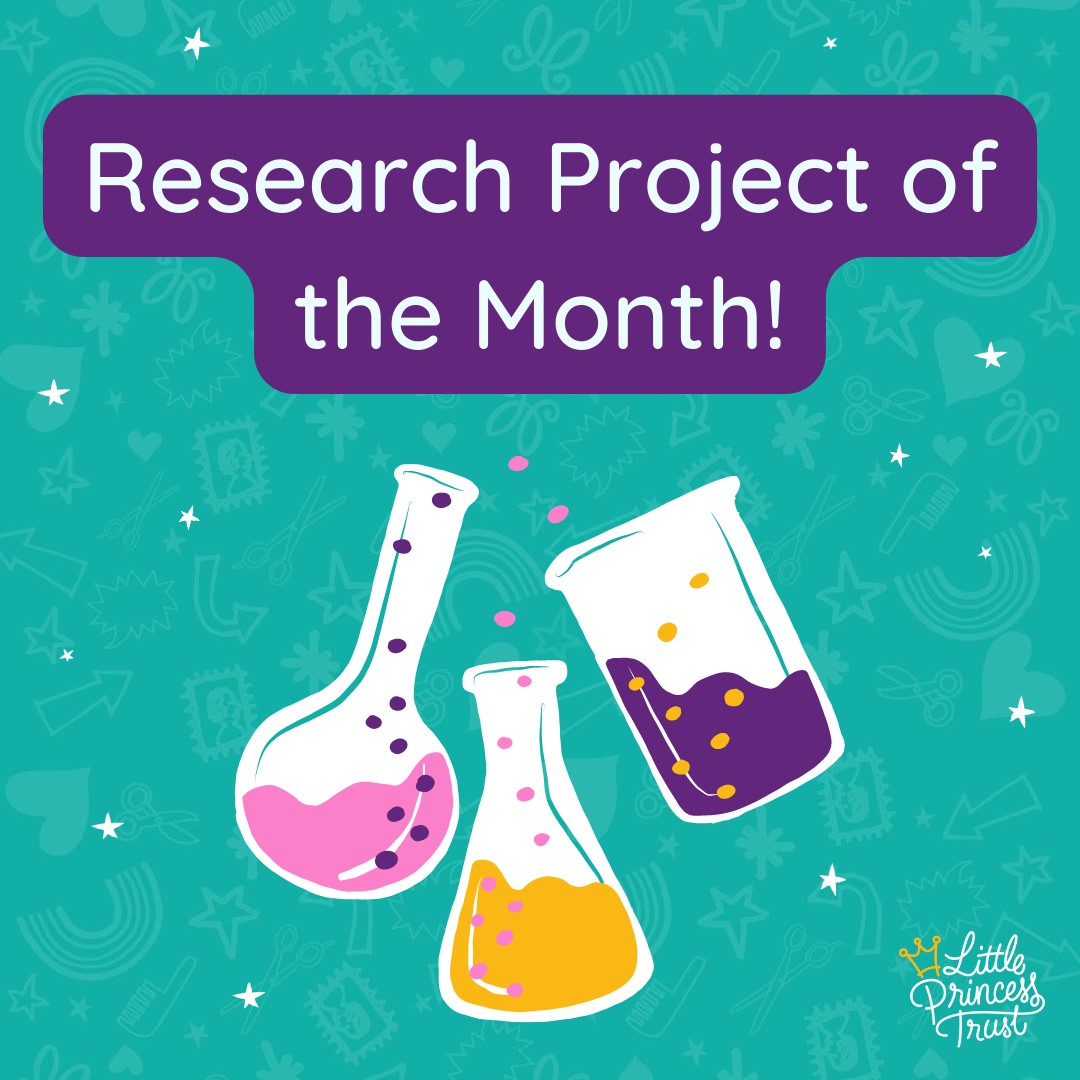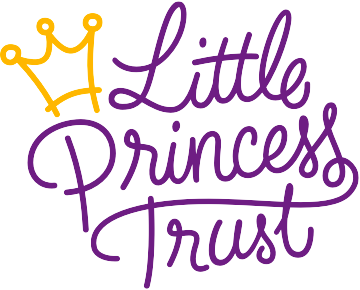Little Princess Trust News
Improving treatment for Ewing sarcoma patients

Research will look for new biomarkers to improve knowledge
Ewing sarcoma is a type of cancer that grows in your bones, but can also grow in tissue connected to bones, like tendons and muscles. Normally, patients are under 20 years old when they are diagnosed.
Sometimes, the cancer has already spread to other places in the body by the time a child is diagnosed. This makes Ewing sarcoma a lot harder to treat, but we still don’t know what makes the cancer spread. We need to find out more about Ewing sarcoma to help researchers find new treatments and doctors to choose the right treatment.
There is a medicine called Lenvatinib that researchers think could help some children with Ewing sarcoma, but they don’t know which patients it would help.
This medicine works by stopping tumours from growing and developing blood vessels, which means they don’t have the resources they need to grow. In other types of cancer, researchers have found biomarkers, which are tiny molecules that can tell doctors something about a patient’s cancer, that tell them which children should have Lenvatinib with their chemotherapy.

Dr Paul Huang, funded by The Little Princess Trust, wants to find out whether there is a way to find new biomarkers for Ewing sarcoma patients. This would help doctors know which patients are likely to have their cancer spread, and which might need to be treated with the Lenvatinib combination.
His team are using tumour samples from Ewing sarcoma patients to look at what biomarkers might mean that the patient could have responded well to the combination treatment.
At the moment, there are no known way to help doctors decide which treatment is best for a Ewing sarcoma patient.
One of the types of biomarkers that Paul is looking at are tiny pieces of the genetic code. If the team can find some of these pieces, called RNA, that are only present in tumours that respond well to levatinib then they can work on creating a test.
This could allow doctors to show which treatment would be best, or whether the cancer might spread to other parts of the body.
Paul’s project won’t finish until 2024, by which time he hopes to have found a way for doctors to test whether they should use the combination treatment on patients.
If Paul’s team is successful, the test will be included in international clinical trials for Ewing sarcoma, where it can help show whether the combination treatment is more effective than current chemotherapy treatments.



